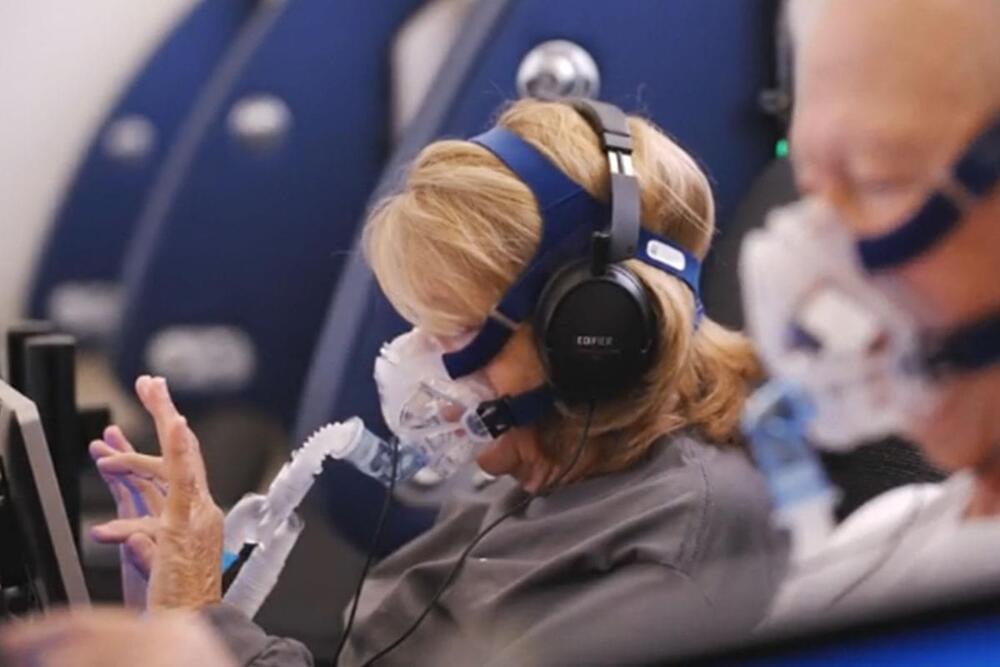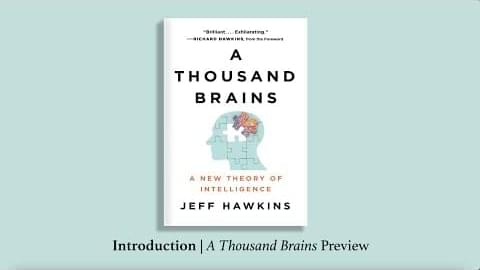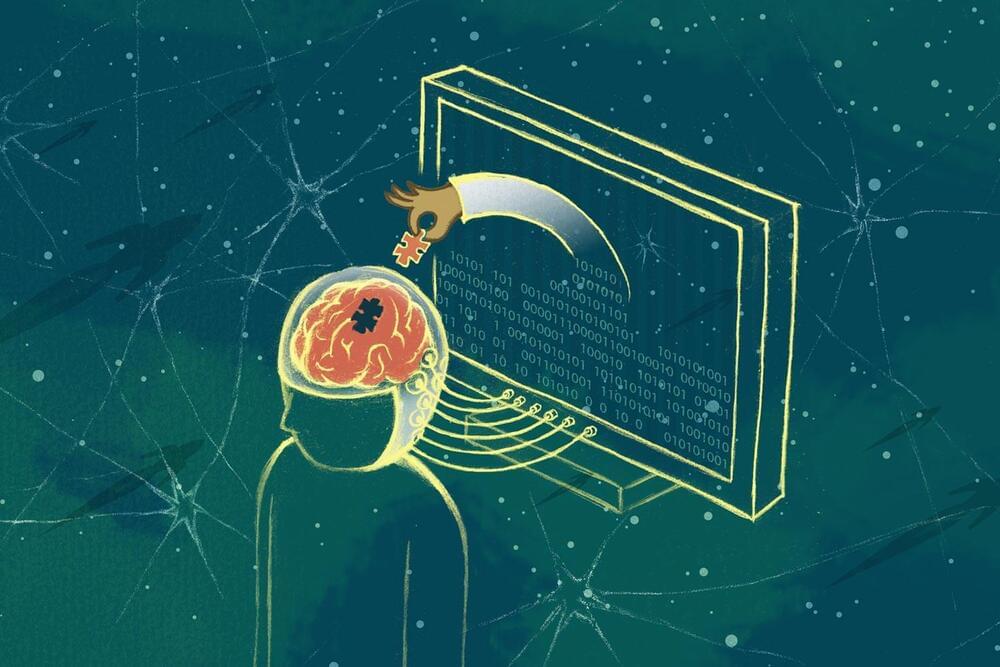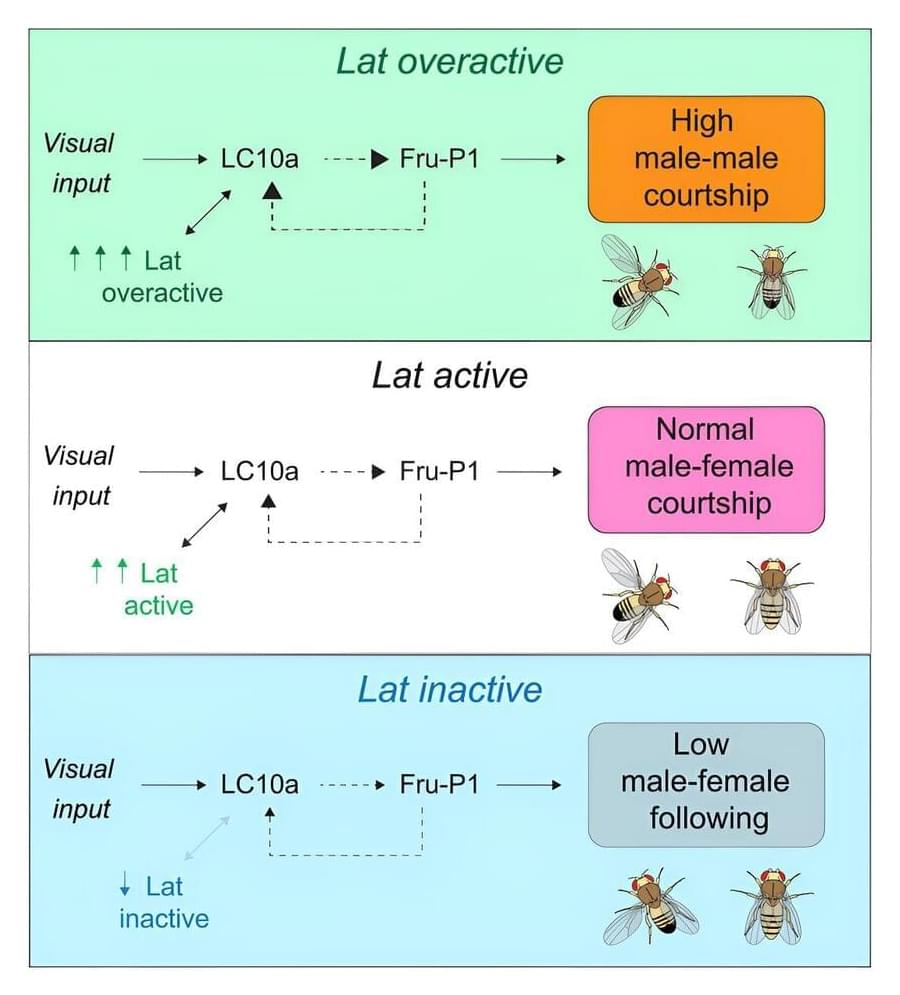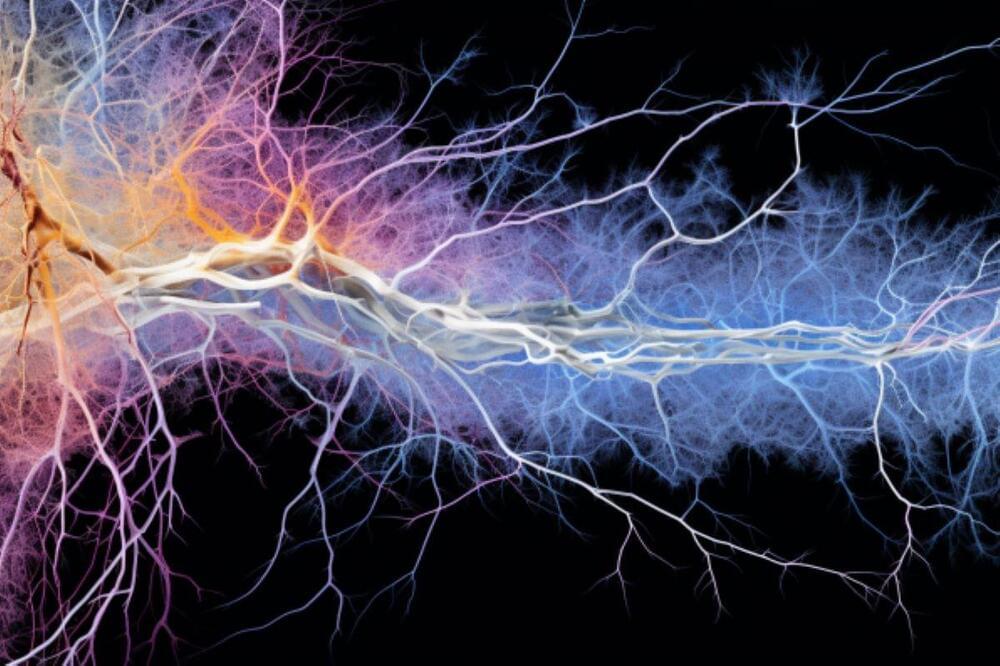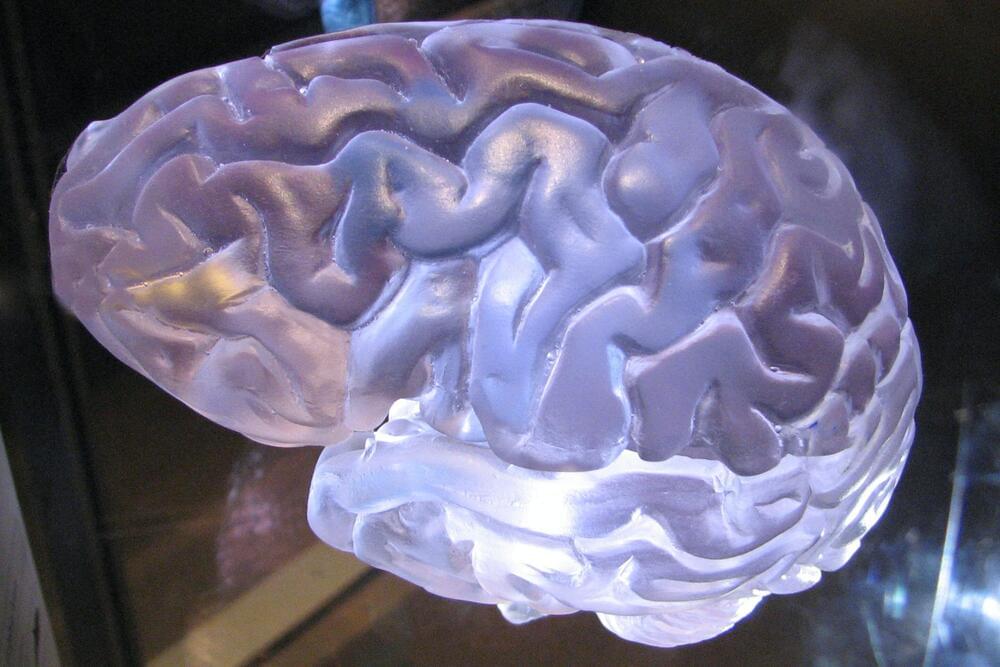Sep 6, 2023
Unlocking Brainpower: How Neuroscience Transforms Employee Potential into Peak Performance
Posted by Shubham Ghosh Roy in category: neuroscience
Lack of skills and training is a big issue. Some employees may simply not have the necessary skills or training to perform their tasks effectively. Investing in employee development can improve performance and solve lots of heartaches. Let us share Jenny’s story: Why Jenny’s Promotion Changed the Way We View Training: A Dive into Neuroscience “Guess who got the promotion?” Jenny burst in one Monday morning, her face beaming with a mix of surprise and elation. Most of us knew Jenny from her early days—an employee with lots of enthusiasm but, frankly, a bit lost in the intricacies of the industry.

